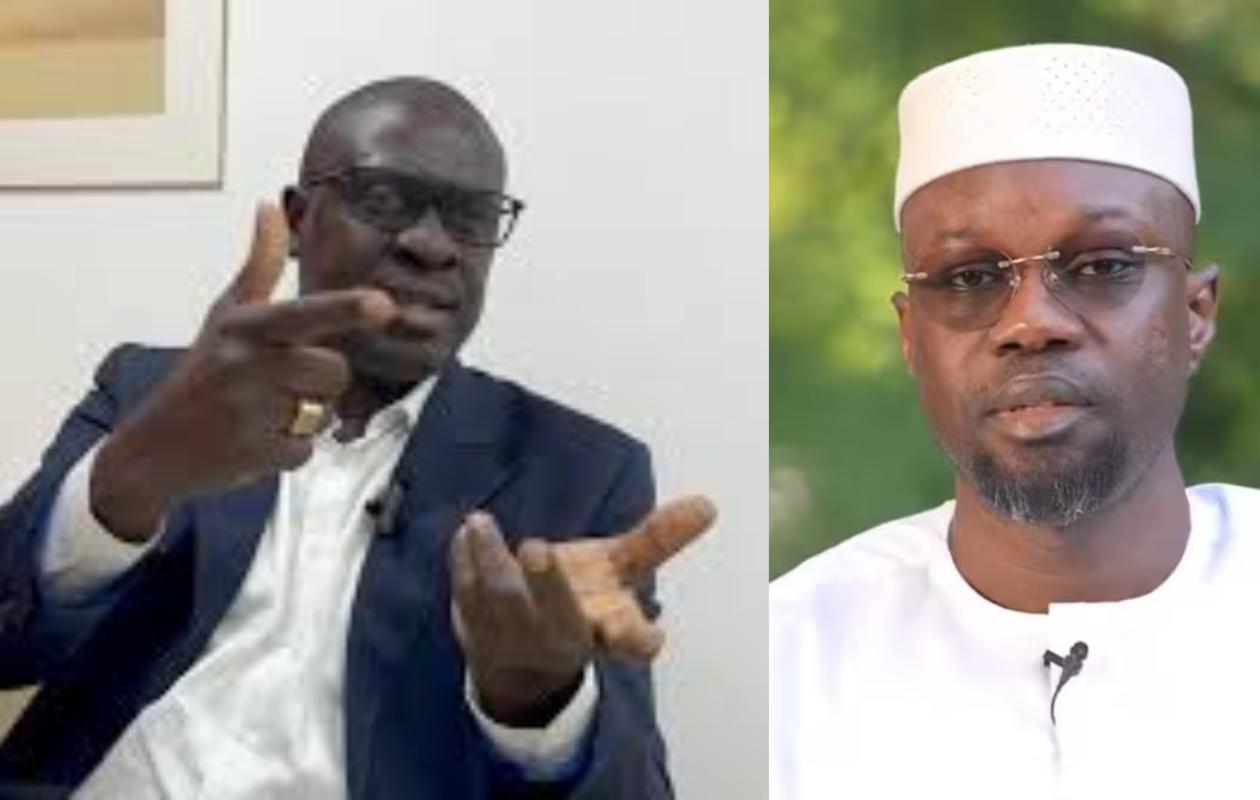
Annonces de Sonko : L'expert Mbaye Hadj révèle comment le gaz local doit garantir la baisse durable des prix
Prime Minister Ousmane Sonko's announcement of an upcoming reduction in electricity, gasoline, and gas prices was greeted with immediate relief. In a context of severe pressure on purchasing power, this measure is a breath of fresh air for households and businesses.
However, behind this strong economic gesture lies a much more ambitious national energy strategy, directly linked to the exploitation of local gas resources. This is what Mbaye Hadj, engineer and energy specialist, analyzes.
The expert highlights the strategic renegotiation of natural gas from the Grand Tortue Ahmeyim (GTA) project, a deposit shared with Mauritania. "The gas from the GTA project appears to have been renegotiated, allowing Senegal to have a reserved quota with advantageous economic conditions," explains Mbaye Hadj.
This new "room for maneuver" is considered the essential lever. The Prime Minister is thus anticipating the "gradual entry of gas into the national energy mix," a factor that would allow for lower-cost electricity production.
For the engineer, the sustainability of the cost reduction depends on access to this local and controlled resource, well beyond simple tax adjustments. "Indeed, beyond tax reductions, it is access to a local, stable and better controlled resource that could enable a lasting reduction in the cost of electricity."
The article recalls that the Yakaar-Teranga field represents the "second decisive step" in guaranteeing the country's full energy sovereignty, even if it is not yet in the exploitation phase.
Mbaye Hadj nevertheless calls for clarity in the face of the challenges of the transition. The deployment of such an energy policy requires significant efforts:
Time and investment : Need for massive investments.
Adaptation : Power plants must be adapted to this new fuel source.
Regulation : Contracts must be renegotiated.
Infrastructure : The network must be strengthened.
Governance: Strong institutional coordination is essential.
Despite these obstacles, the announcement is hailed as a major political step forward, reflecting a desire to act directly on economic and energy levers to stimulate business competitiveness and ease purchasing power.
The analysis concludes on the historical significance of this transition: "Electricity is the engine of development. Affordable, reliable and sustainable energy is the key to economic transformation, job creation and the modernization of the country."
Achieving this energy transformation means “laying the foundations for a Senegal that is more autonomous, more productive and more resilient in the face of global shocks.”
Commentaires (7)
Participer à la Discussion
Règles de la communauté :
💡 Astuce : Utilisez des emojis depuis votre téléphone ou le module emoji ci-dessous. Cliquez sur GIF pour ajouter un GIF animé. Collez un lien X/Twitter, TikTok ou Instagram pour l'afficher automatiquement.